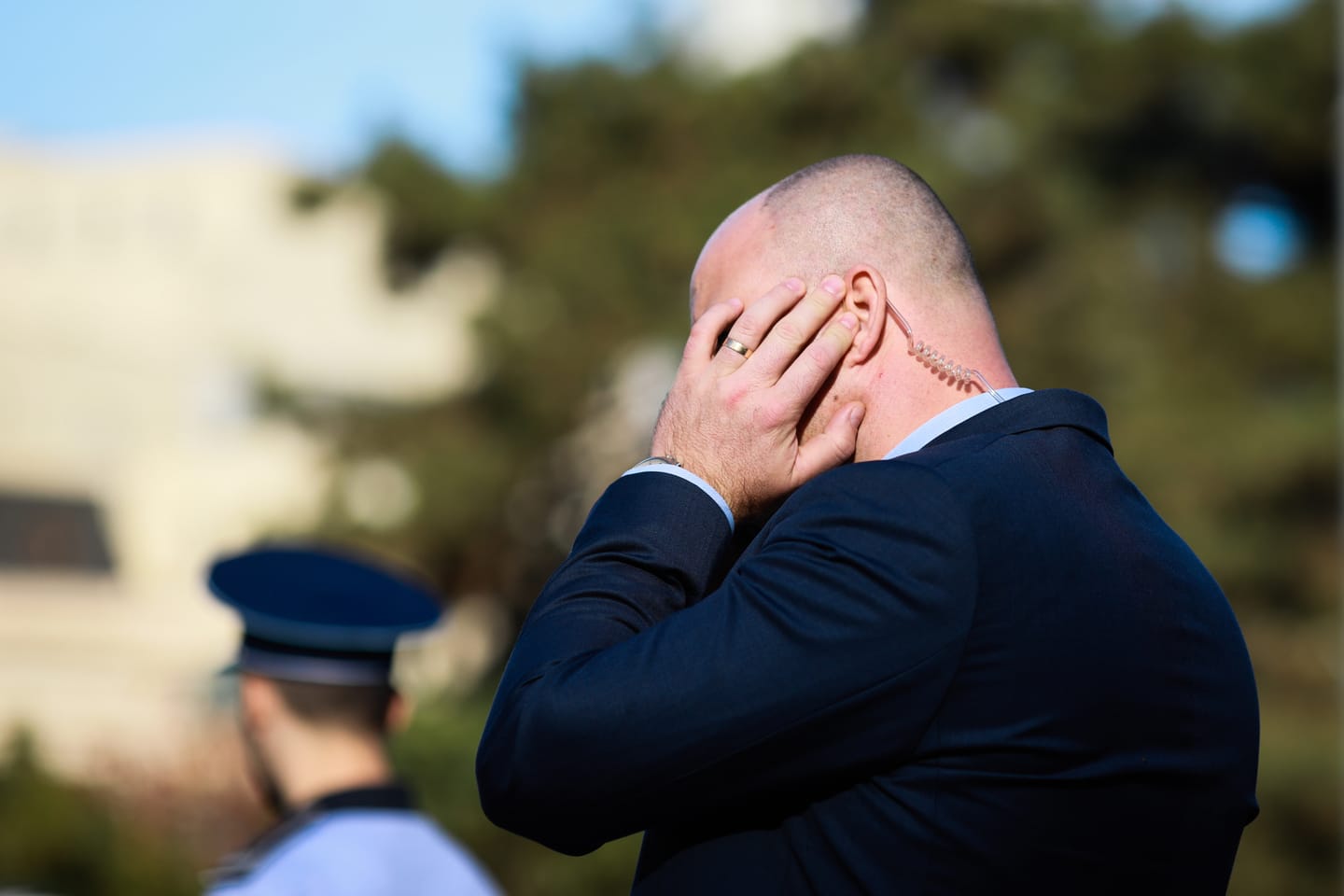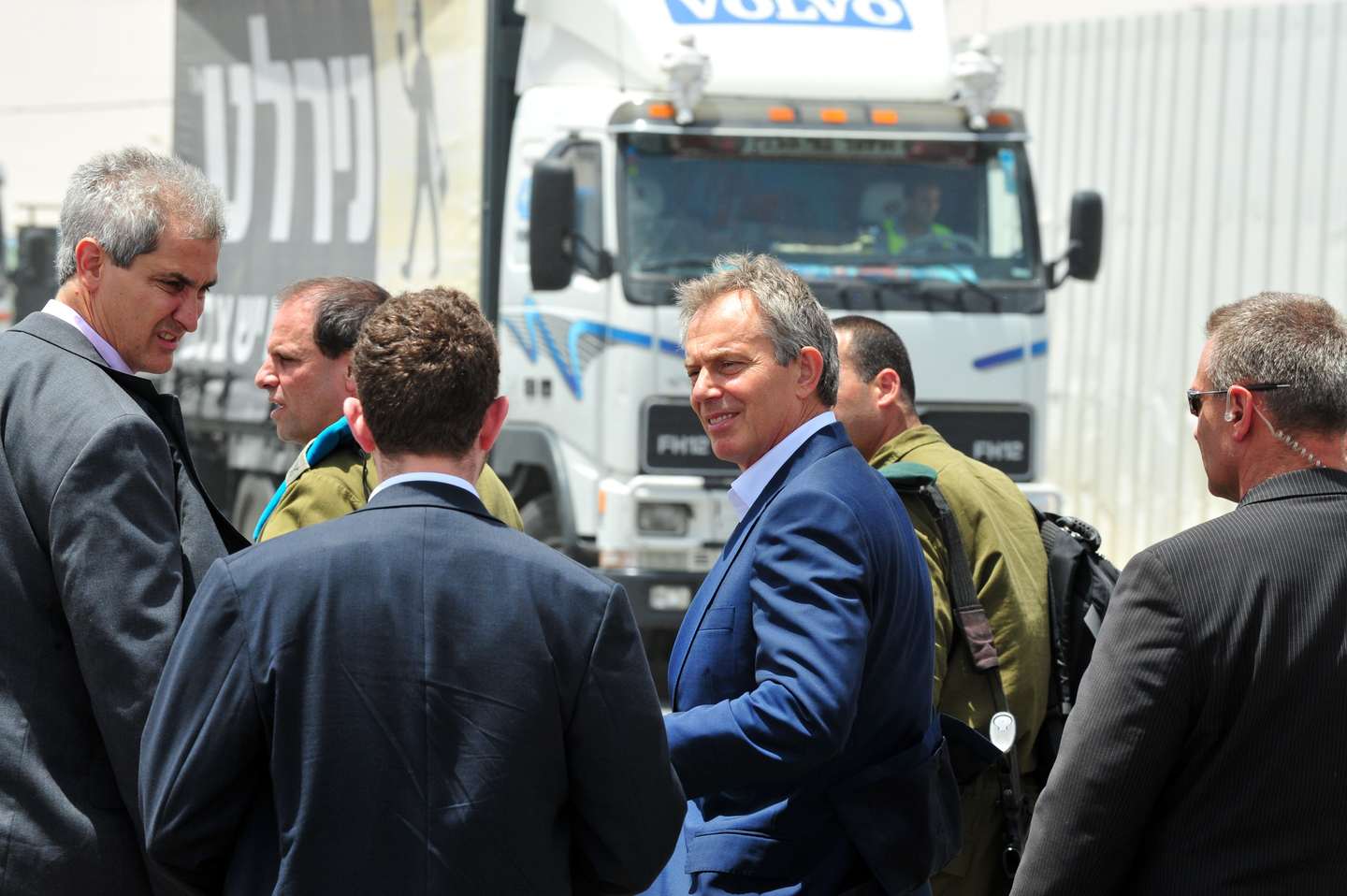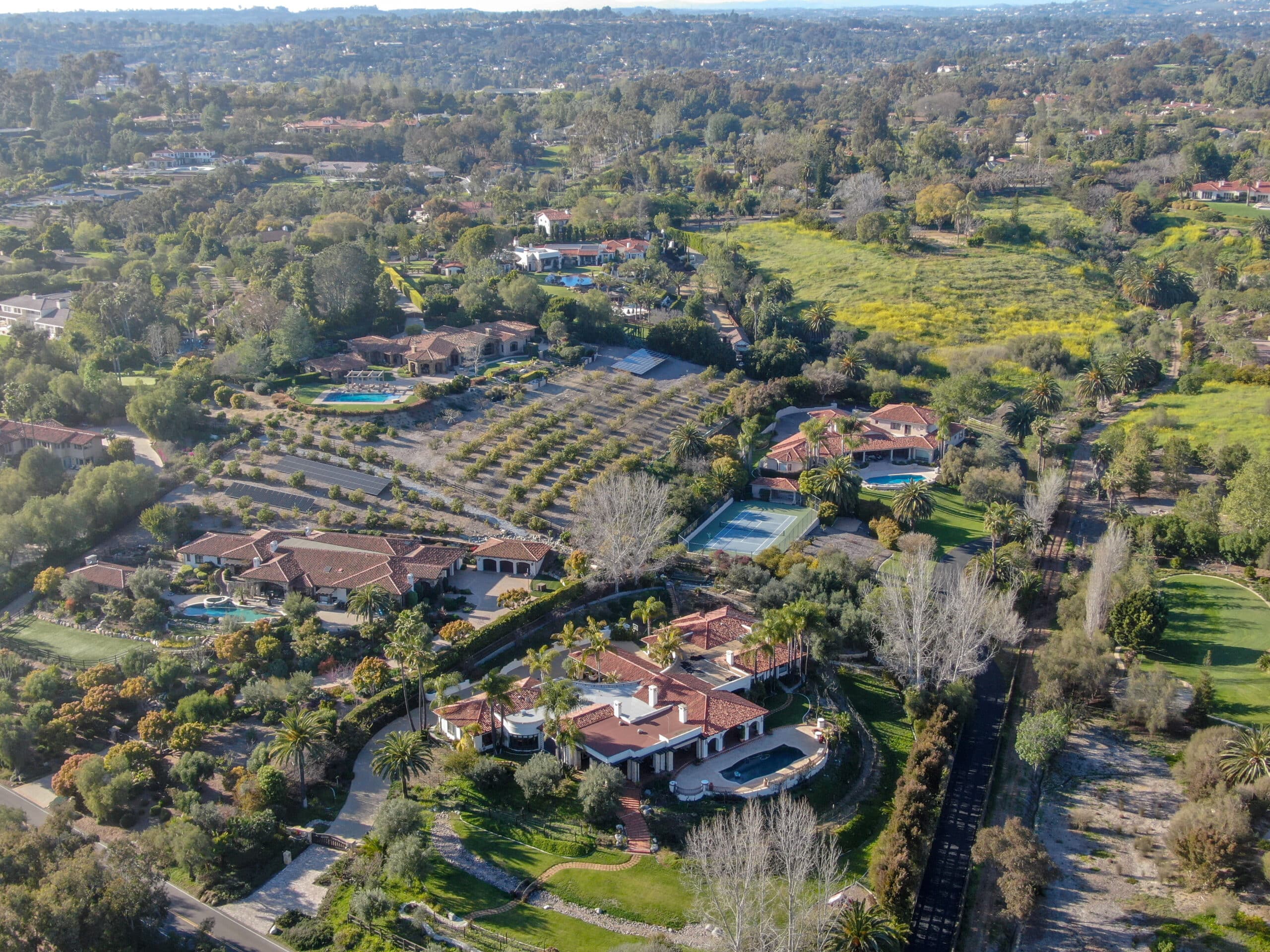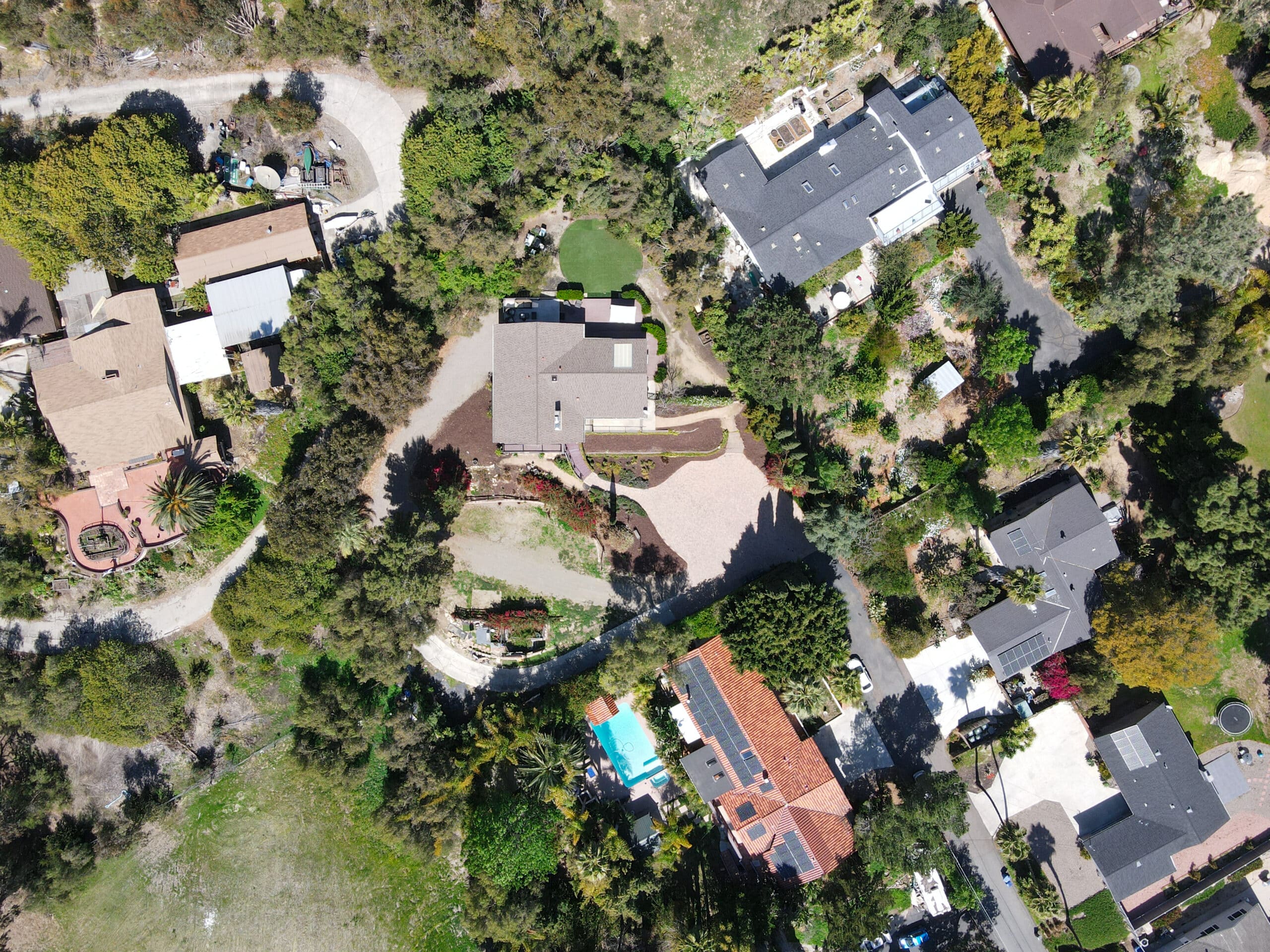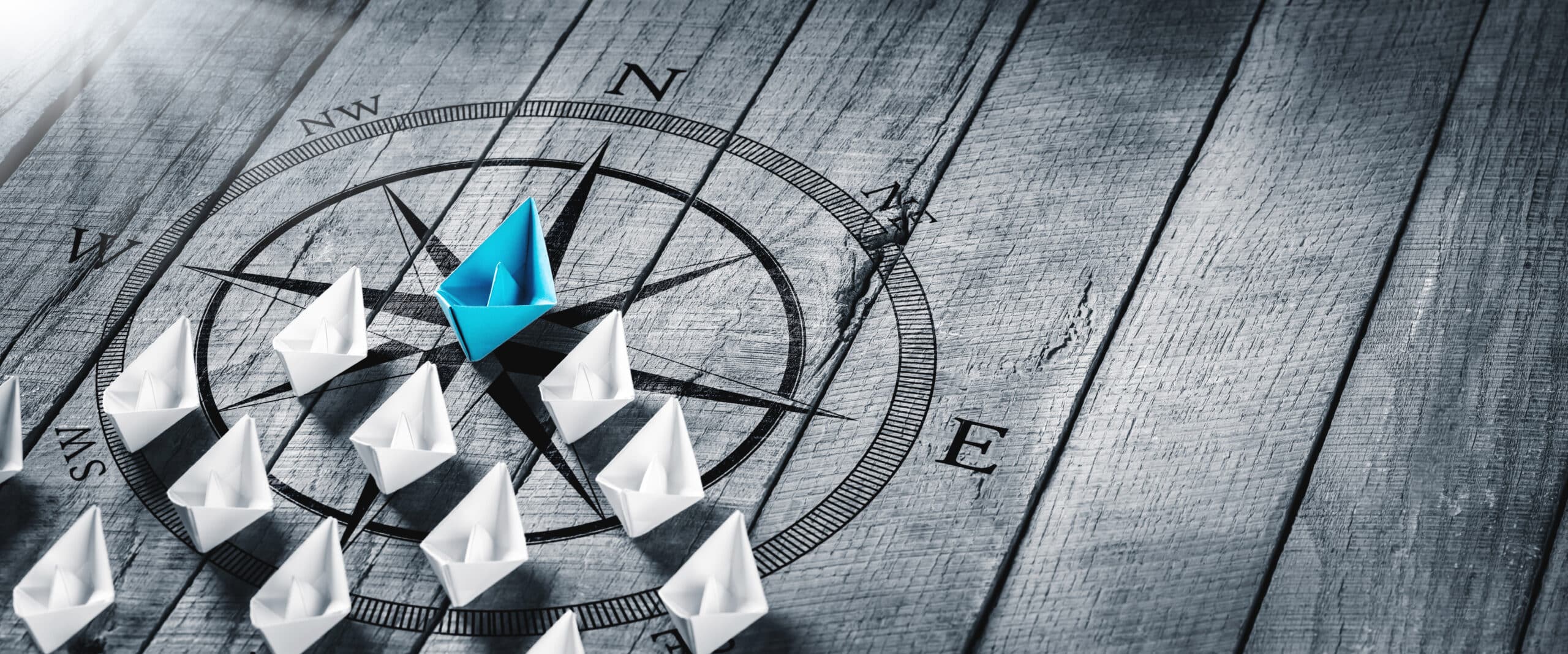Estimated reading time: 14 minutes
In today’s ever-evolving security landscape, VIP close protection services stand as a crucial barrier against potential threats, ensuring the safety of individuals in the public eye or sensitive positions. This comprehensive guide delves into the sophisticated realm of VIP protection, exploring the nuanced evolution of these services in response to dynamic global challenges. As threats become more complex and varied, specialized close protection has never been more paramount. From understanding the intricate roles of security personnel to implementing advanced risk management strategies, this guide offers an in-depth look at the multi-faceted approach required to safeguard VIPs effectively.
Table of contents
- Evolution of VIP Close Protection in a Dynamic World
- Roles and Responsibilities of Modern VIP Security Personnel
- The Critical Need for Specialized Close Protection for VIPs
- Understanding the Diverse Roles of VIP Protection Agents
- Advanced VIP Protection Planning and Risk Management Strategies
- Enhancing VIP Safety with Advanced Vehicle Security Protocols
- Core Principles of Effective VIP Close Protection
- Navigating the Complex World of VIP Protection Services
- Conclusion
Evolution of VIP Close Protection in a Dynamic World
Historical Foundations and Modern Transformations
The concept of VIP close protection is not new; it has roots that stretch back to ancient times when military units and personal guards were tasked with the safety of royalty and high-ranking officials. However, the modern era has significantly transformed how these services operate. Technological advances and changes in social dynamics have necessitated a shift from brute force and intimidation tactics to more sophisticated, intelligence-led operations. Nowadays, close protection teams utilize a combination of physical security measures, advanced surveillance technology, and psychological profiling to identify and mitigate potential threats before they materialize. This evolution reflects a broader understanding of the complex nature of modern threats, including cyber-attacks, terrorism, and organized crime.
The Impact of Technology on Close Protection
Technology has profoundly impacted the field of VIP close protection, offering new tools and methods to enhance security measures. Innovations such as biometric security systems, real-time surveillance, and advanced communication networks have revolutionized how protection details are conducted. These technological advancements enable security teams to monitor threats in real-time, conduct thorough background checks with unprecedented speed and accuracy, and maintain secure lines of communication. Furthermore, social media and digital footprints have introduced new challenges and opportunities in threat assessment and management, requiring close protection services to adapt and evolve continually.
Adapting to a Changing Threat Landscape
The threat landscape facing VIPs today is markedly different from that of the past, characterized by its unpredictability and the vast array of potential risks. In response, close protection services have had to become more dynamic and adaptable, developing strategies that can respond to many scenarios. This involves physical protection, cyber security, reputation management, and even psychological support for the protectee. The emphasis has shifted towards a more holistic approach to security, recognizing that threats can come from any direction and that preparation and flexibility are essential to adequate protection. The evolution of VIP close protection services reflects a deep understanding of our changing world and the multifaceted nature of security in the 21st century.
Roles and Responsibilities of Modern VIP Security Personnel
Ensuring Physical Safety and Security
The primary role of modern VIP security personnel remains the physical protection of their clients from harm. This encompasses various responsibilities, from conducting security sweeps of locations before the VIP’s arrival to coordinating with local law enforcement and security services. Security personnel must be adept at crowd control and understand how to discreetly and effectively navigate potentially dangerous situations. Their training in defensive tactics, emergency response, and even offensive driving is tested daily. Additionally, they must always be vigilant and able to identify and neutralize threats before they can escalate, ensuring the VIP’s safety in various environments, whether at public events, in transit, or private settings.
Advanced Surveillance and Reconnaissance
In the modern era, the role of VIP security personnel extends beyond physical presence to include advanced surveillance and reconnaissance. This involves the use of cutting-edge technology to monitor environments and potential threats continuously. Security teams employ various tools, such as hidden cameras, drones, and cyber surveillance techniques, to gather intelligence and assess risks. This proactive approach allows them to anticipate and prepare for potential threats rather than merely reacting to them. Effective surveillance requires a blend of technical skills and analytical thinking, as personnel must be able to interpret data quickly and accurately to make informed decisions about the safety of the VIP.
Risk Assessment and Crisis Management
Another crucial responsibility of VIP security personnel is conducting thorough risk assessments and developing comprehensive crisis management plans. This involves analyzing potential threats, from stalkers and paparazzi to terrorist attacks and kidnapping attempts, and devising strategies to mitigate these risks. Security teams work closely with the VIPs to understand their schedule, preferences, and risk tolerance, tailoring their protection plans accordingly. In an emergency, personnel must be able to execute these plans calmly and efficiently, managing the situation to minimize risk and ensure the VIP’s safety. This requires physical prowess, strong leadership, decision-making skills, and the ability to communicate effectively under pressure.
The Critical Need for Specialized Close Protection for VIPs
High-Risk Profiles and Targeted Threats
The necessity for specialized close protection services for VIPs stems significantly from their high-risk profiles and the targeted threats they face. Individuals such as political figures, celebrities, business magnates, and diplomats often attract attention not just from fans and media but also from potentially dangerous individuals and groups. These VIPs may be targeted for various reasons, including political motives, personal vendettas, or financial gain through kidnapping and ransom. The visibility and significance of these individuals necessitate a protection level that goes beyond standard security measures, incorporating a deep understanding of the unique threats they face and how best to mitigate them.
The Role of Privacy and Confidentiality
In addition to physical safety, specialized close protection services for VIPs place a high premium on privacy and confidentiality. The nature of their work often requires them to have access to sensitive information about their clients’ lives, schedules, and preferences. Maintaining the utmost discretion is paramount, as any breach of privacy can affect not only the VIP’s safety but also their reputation and personal life. Close protection operatives are thus selected for their professionalism and integrity, trained to protect without intruding more than necessary into the VIP’s personal affairs. This balance between adequate protection and respect for privacy is a cornerstone of specialized close protection services.
Customized Protection Strategies
VIPs’ diverse threats and unique lifestyles demand customized protection strategies tailored to each individual’s needs and risk profile. This customization extends beyond physical security measures, including cyber protection, reputation management, and emergency medical services. Specialized close protection teams conduct thorough risk assessments to develop comprehensive security plans, including secure transportation routes, emergency evacuation procedures, and contingency plans for various threat scenarios. This level of detailed planning ensures that VIPs can carry on with their professional and personal lives with minimal disruption, secure in the knowledge that they are protected by a highly specialized team capable of responding to any situation.
Understanding the Diverse Roles of VIP Protection Agents
Bodyguard vs. Close Protection Officer
A common misconception is that the roles of a bodyguard and a close protection officer are interchangeable. However, the scope of their duties is quite distinct. Bodyguards are often portrayed as muscular individuals who primarily use physical force to protect their clients. In contrast, close protection officers embody a more comprehensive approach to security. They are highly trained professionals who assess risks, plan security details, and employ a strategic mix of physical presence, technological surveillance, and intelligence gathering to ensure their client’s safety. Close protection officers often work in teams, coordinating their efforts to cover all aspects of their client’s security, from planning safe routes to handling emergencies, demonstrating a sophisticated blend of skills beyond mere physical force.
The Consultant: Assessing Threats and Planning Security
Close protection agents often take on the role of security consultants, tasked with assessing potential threats and planning detailed security strategies. This role requires a deep understanding of the current threat landscape, including the capabilities and methods of potential adversaries. Agents must evaluate the level of risk associated with different environments and events and develop plans that minimize exposure to threats. This includes recommending security enhancements, such as home security systems or cybersecurity measures, and planning contingencies. The consultant role emphasizes the intellectual and analytical aspects of VIP protection, showcasing the agents’ expertise in crafting security strategies that are as unobtrusive as possible while ensuring maximum safety.
The Confidant: Building Trust with Clients
An often overlooked but critical role of VIP protection agents is that of the confidant. Given the proximity to their clients and the high-stakes nature of their work, protection agents need to build a relationship based on trust and mutual respect. This relationship makes the VIP feel comfortable sharing sensitive information, which is crucial for effective protection planning. The confidant role involves not just understanding the physical security needs of the client but also their lifestyle, preferences, and psychological well-being. By becoming a trusted advisor, close protection agents can provide physical security, comfort, and normalcy in the VIP’s often tumultuous life.
Advanced VIP Protection Planning and Risk Management Strategies
Comprehensive Risk Assessments
The foundation of advanced VIP protection planning begins with comprehensive risk assessments. These evaluations are meticulously conducted to identify potential threats and vulnerabilities facing the VIP across various scenarios and environments. Security teams can accurately forecast potential risks by analyzing the individual’s public profile, travel schedules, known associations, and online presence. This process involves understanding the nature of possible threats and the likelihood and impact of these threats materializing. Consequently, risk assessments are dynamic documents, regularly updated to reflect new information or changes in the VIP’s life, ensuring that protection strategies remain robust and responsive to the evolving threat landscape.
Integrating Cutting-Edge Technology
A crucial element in modern VIP protection planning is the integration of cutting-edge technology. Advanced surveillance systems, including drones and AI-powered analytics, play a pivotal role in monitoring environments and detecting anomalies. Similarly, secure communication tools are essential for coordinating between team members and ensuring the flow of information remains uncompromised. Personal security devices, such as wearable emergency alerts and GPS trackers, offer an additional layer of safety, providing real-time location data and enabling rapid response in an emergency. The strategic use of technology enhances the capability of close protection teams, allowing for more sophisticated, preemptive approaches to security rather than reactive measures.
Crisis Management and Emergency Response
Effective VIP protection planning extends into meticulous crisis management and emergency response strategies. These plans are designed to address various scenarios, from medical emergencies to kidnapping attempts, ensuring a swift, coordinated effort to mitigate harm and secure the VIP’s safety. Training in crisis management includes regular drills and simulations, equipping the protection team with the skills needed to navigate high-pressure situations effectively. Moreover, close collaboration with local authorities and private emergency services ensures that additional support can be mobilized quickly. The goal is to have a well-oiled machine ready to respond to any crisis with precision and efficiency, minimizing risk and ensuring the VIP’s well-being under all circumstances.
Enhancing VIP Safety with Advanced Vehicle Security Protocols
Armored Vehicles and Secure Transportation
One of the keystones in enhancing VIP safety lies in using armored vehicles and secure transportation methods. Armored cars are specially designed with reinforced structures to withstand ballistic and explosive attacks, offering high protection for VIPs during transit. These vehicles often incorporate multi-layered security features, including bulletproof glass, run-flat tires, and armored plating, ensuring the occupants remain safe even in the most dangerous situations. Moreover, secure transportation goes beyond the vehicle’s physical attributes to include strategic route planning and decoy convoys to mitigate risks of attacks or ambushes. This comprehensive approach to transportation security is crucial for safeguarding VIPs as they move between locations, addressing one of the most vulnerable aspects of VIP protection.
Advanced Driver Training and Protocols
They ensure the safety of VIPs while in transit, which also depends heavily on the skills and preparedness of the drivers. Advanced driver training programs are essential, equipping drivers to handle high-risk situations, including evasive driving techniques and high-speed maneuvers. These training programs also cover situational awareness, teaching drivers to recognize and respond to threats quickly. Furthermore, strict security protocols govern all aspects of VIP transportation, from pre-trip inspections and communications to emergency response procedures. Drivers trained in these protocols play a critical role in the overall security strategy, capable of precisely navigating threats and ensuring the VIP’s safety under various conditions.
Technological Innovations in Vehicle Security
The integration of technological innovations significantly enhances vehicle security for VIPs. Modern security vehicles may include sophisticated surveillance systems, such as 360-degree cameras and night vision capabilities, allowing constant monitoring of the vehicle’s surroundings. GPS tracking and secure communication systems ensure the vehicle’s location is always known, and drivers can maintain contact with the security team. Additionally, innovations such as biometric access controls and automated defensive systems, like smoke screens or electrified door handles, offer an added layer of protection. These technological advancements improve the vehicle’s defensive capabilities and provide security teams with valuable tools to manage and respond to threats more effectively.
Core Principles of Effective VIP Close Protection
Proactivity and Prevention
At the heart of adequate VIP close protection lies the principle of proactivity and prevention. The goal is to anticipate potential threats and neutralize them before they can pose a risk to the VIP. This proactive stance requires a comprehensive understanding of the current threat landscape, constant vigilance, and thinking several steps ahead. Security teams employ various tools and techniques to gather intelligence and assess risks, from surveillance and monitoring to in-depth background checks and social media analysis. Close protection services can create a secure environment for VIPs by prioritizing prevention, minimizing the need for reactive measures, and ensuring their safety without force.
Adaptability and Flexibility
Adaptability and flexibility are crucial in the unpredictable world of VIP protection. Threats can evolve rapidly, and unexpected situations can arise, requiring security teams to adjust their strategies on the fly. This flexibility extends to all aspects of close protection, from changing routes at the last minute to adapting security protocols in response to new intelligence. The ability to remain fluid and responsive under pressure is a hallmark of adequate VIP protection, ensuring that security measures always align with the current situation and the VIP’s needs. It also involves seamlessly integrating with the VIP’s lifestyle and schedule, providing robust protection without undue disruption.
Discretion and Minimal Intrusion
A fundamental principle of VIP close protection is the balance between security and discretion. While the primary objective is to ensure the VIP’s safety, it is equally important to do so with minimal intrusion into their personal and professional lives. Close protection operatives are trained to maintain a low profile, blending into the background whenever possible. This discreet approach ensures VIPs can continue their daily activities with minimal disturbance while benefiting from high-security levels. Protection measures are carefully planned to be effective yet unobtrusive, balancing visible deterrence and the VIP’s need for privacy and freedom.
Navigating the Complex World of VIP Protection Services
Understanding the Spectrum of Protection Services
Navigating the complex world of VIP protection services begins with understanding the spectrum of services available. These services range from personal bodyguards and close protection teams to advanced security measures, including technological surveillance and secure transport. Each VIP may require a different level of protection based on their profile, potential threats, and personal preferences. Security firms offer customized solutions, tailoring their services to meet each client’s needs. It’s crucial for those seeking protection to fully understand the options available to them, ensuring they choose the services that best fit their unique circumstances. This requires open communication between the VIP or their representatives and the security provider, enabling a clear understanding of the risks and the measures proposed to mitigate them.
The Importance of Choosing the Right Provider
Choosing the right VIP protection service provider is a critical decision with far-reaching implications for a VIP’s safety and privacy. Factors to consider include the provider’s experience, the training and background of their personnel, and their ability to offer a comprehensive range of services. It’s essential to conduct thorough research, seek recommendations, and review case studies or testimonials to gauge a provider’s reputation and effectiveness. The right provider will offer high-quality protection and demonstrate a deep understanding of the VIP’s specific security needs, offering a customized approach that blends seamlessly with their lifestyle.
Building a Partnership Based on Trust
A successful VIP protection arrangement is fundamentally a partnership based on trust between the VIP and the security team. This relationship is built over time through consistent, reliable protection services and open communication. Trust is essential, as VIPs must feel confident in their security team’s ability to protect them without overstepping boundaries or compromising their privacy. Security providers must be transparent about their methods, responsive to the VIP’s concerns, and flexible in adjusting protection plans as circumstances change. By fostering a trust-based partnership, VIPs and their protection teams can work together effectively to navigate the complexities of their security needs.
Conclusion
In conclusion, the domain of VIP close protection is a sophisticated blend of strategic planning, advanced technology, and the nuanced roles of security personnel. This guide has illustrated the dynamic evolution of VIP security in response to an ever-changing global threat landscape, emphasizing the necessity for specialized services tailored to the unique needs of high-profile individuals. From integrating cutting-edge surveillance technologies to developing comprehensive risk management strategies, the field demands a proactive and adaptable approach to ensure the safety and privacy of VIPs.
Navigating the complex world of VIP protection requires carefully selecting service providers and a partnership built on trust and expertise. As threats evolve, so too must the strategies employed by security teams, blending discretion with adequate protection measures. The future of VIP security lies in its ability to innovate while maintaining the core principles of proactivity, adaptability, and minimal intrusion. This guide underscores the importance of a sophisticated, multi-faceted approach to VIP protection, ensuring individuals can continue their lives with confidence and peace of mind.




